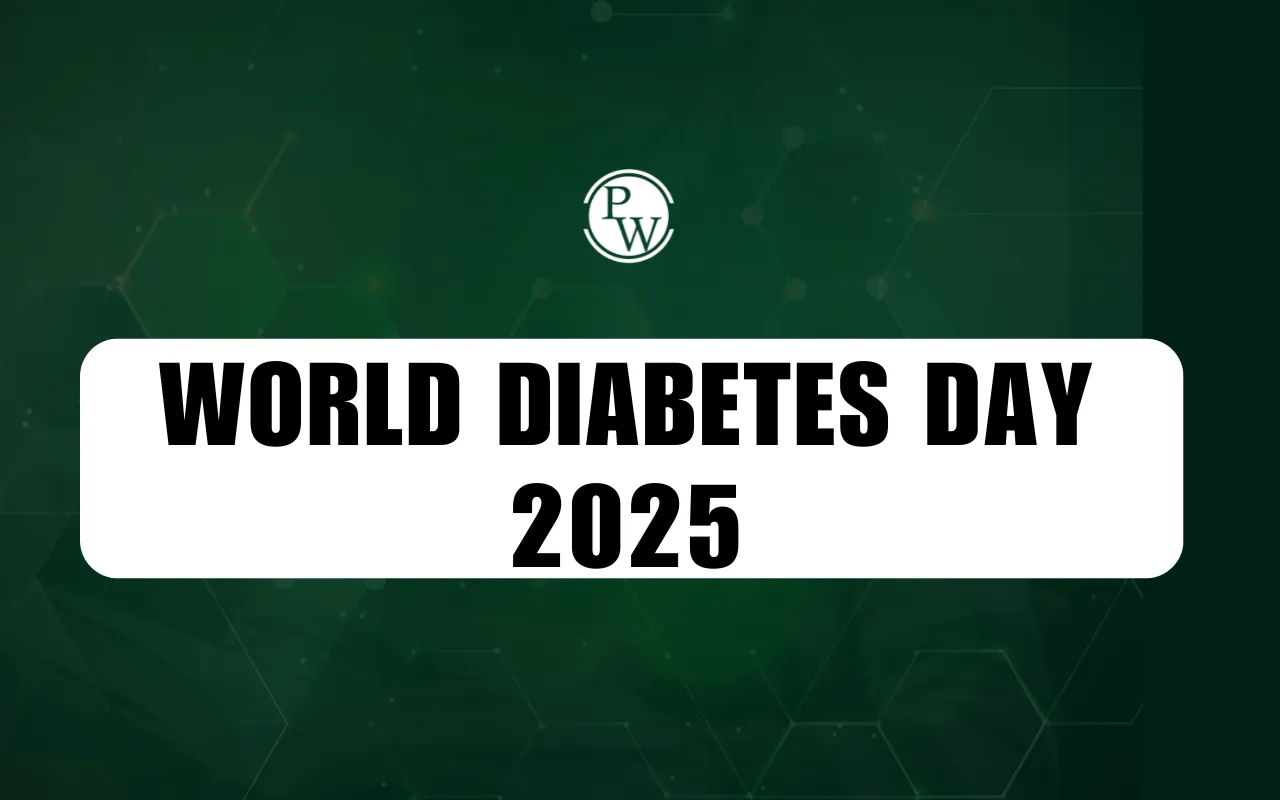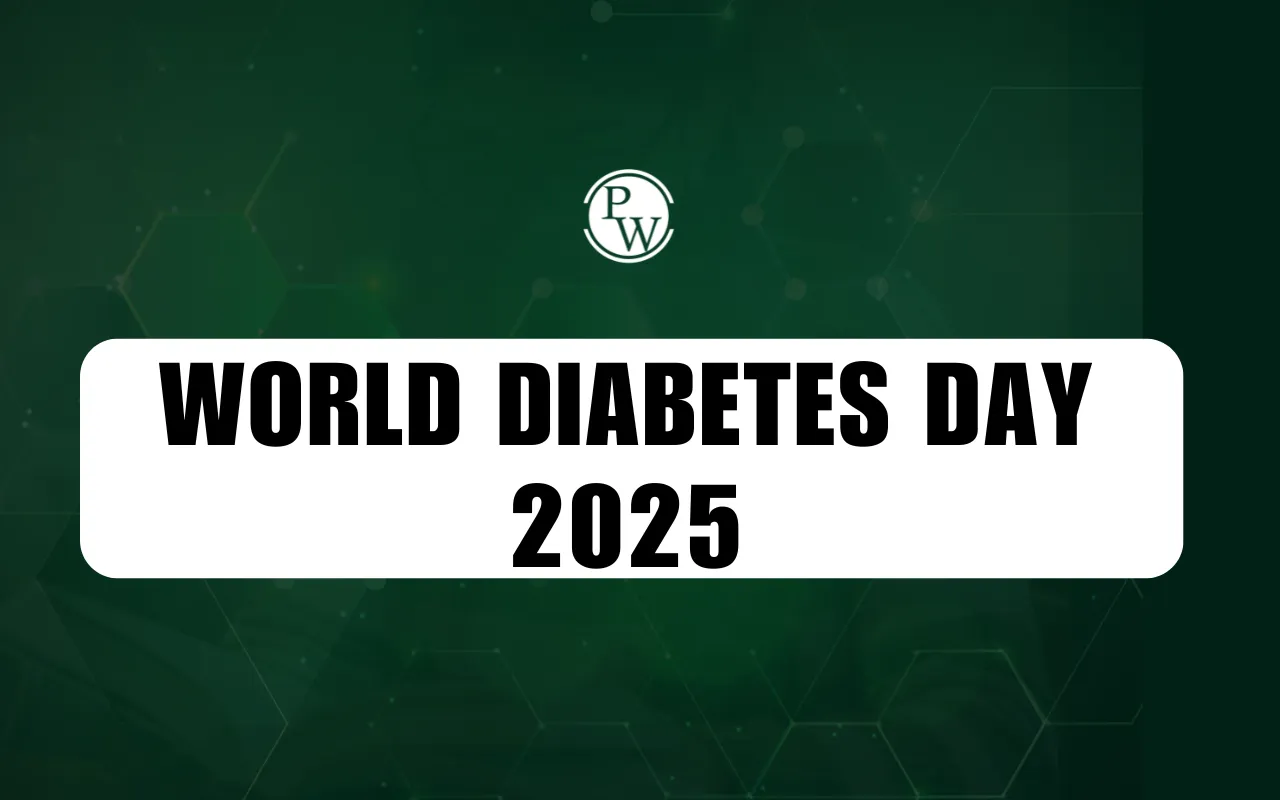

World Diabetes Day 2025: This global awareness campaign aims to raise awareness of diabetes, promote improved diabetes prevention and treatment, and support those affected by the condition. The international diabetes community, which consists of medical professionals, organizations, and individuals fighting the growing diabetes epidemic, finds inspiration in this day.
What is World Diabetes Day?
To address the rising issues of diabetes, the World Health Organization (WHO) and the International Diabetes Federation (IDF) established World Diabetes Day, an internationally recognized event. It seeks to raise awareness of diabetes, its risk factors, and the importance of prompt diagnosis and effective care.
When is World Diabetes Day 2025?
We celebrate World Diabetes Day annually on November 14. There will be diabetes awareness campaigns and events for a week in 2025 because it falls on a Tuesday.
What is the Theme of World Diabetes Day 2025?
World Diabetes Day 2025's theme, "Diabetes and Well-Being," highlights the significance of mental balance, physical health, and quality of life for individuals with diabetes. Diabetes care is more than just diet and medication; it also includes lifestyle education, stress management, volunteering, and mental health support.
The goal is to help the patient live a balanced, healthy life while managing the challenges of diabetes. By promoting comprehensive treatment, early intervention, and supportive environments, World Diabetes Day 2025 emphasizes the importance of treating the person, not just the disease.
World Diabetes Day History
The International Diabetes Federation (IDF) and the World Health Organization (WHO) are the founders of World Diabetes Day. In 1991, these organizations were founded because of the global diabetes epidemic. They decided to dedicate a day to promoting diabetes prevention, research, treatment, and access to care because of the patient's needs and struggles.
Significance of World Diabetes Day 2025
What makes World Diabetes Day so significant is its capacity to unite governments, healthcare providers, patients, and the general public. It draws attention to World Diabetes Day, which includes acknowledging the effects of diabetes, planning for action, and supporting policies and programs that improve results.
What are the Different Types of Diabetes?
Diabetes is a long-term illness that changes the body's utilization of glucose, or blood sugar. Based on how insulin production or consumption is impacted, it is primarily divided into three categories:
-
Type 1 Diabetes: The immune system attacks and kills insulin-producing cells in the pancreas, resulting in the inability to generate insulin. It often appears in young adults or children and needs daily insulin therapy.
-
Type 2 Diabetes: This condition is characterized by either insufficient insulin production or improper insulin use (insulin resistance). It is more prevalent in adults, but because of poor eating habits and inactivity, it is increasingly being observed in younger individuals.
- Gestational diabetes: During pregnancy, the patient's blood sugar levels rise. It raises the hazards for the mother and the child. It might cause problems during or after delivery if left untreated.
